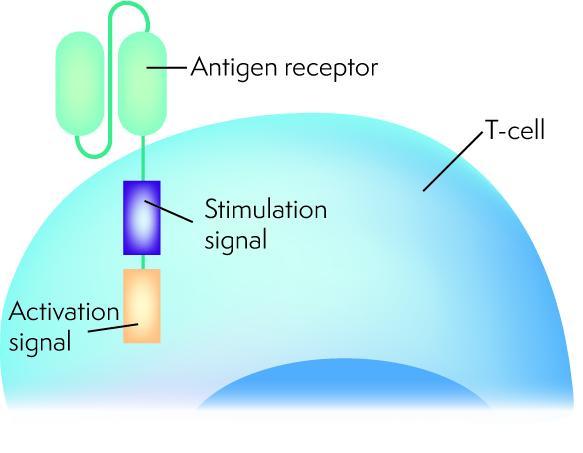Improving access to CAR-T cell therapy
Published on: 12 August 2019Lymphoma Action is continually pushing for improvements in the access to, and delivery of, CAR-T cell therapy to allow everybody who is suitable for treatment to access it.

There is limited capacity geographically and physically to deliver CAR-T cell therapy in the UK. This means treatment is prioritised on a case-by-case basis.
Increasing numbers of patients are being referred out of their local area, often involving expensive journeys and a challenging experience.
Lymphoma Action is collaborating with five treatment centres in Sheffield, Nottingham, Oxford, Southampton and Plymouth, where the current referral pathway for patients is difficult. We are jointly writing to NHS England to express concern about the current commissioning arrangements for the delivery of CAR T cell therapy.
CAR-T cell therapy has been big news recently, particularly after the screening in July of the BBC’s documentary ‘War in the Blood’. This followed two people with leukaemia who were involved in the early first clinical trials of CAR T-cell therapy.
CAR T-cell therapy is a new type of treatment that is licensed for people with relapsed or refractory diffuse large B-cell lymphoma (DLBCL) or primary mediastinal large B-cell lymphoma (PMBL) who have had at least two previous courses of unsuccessful treatment.
Although CAR-T cell therapy is approved for use on the NHS in England and Wales, it can only be given in hospitals with the facilities and staff to deliver it safely including the treatment of the sometimes very serious side effects. At present only seven centres in the UK are licensed to provide CAR-T cell therapy for lymphoma, with three further centres going through the accreditation process. This means there are large geographical regions without a designated delivery centre.
There are also limited manufacturing sites that carry out the genetic modification required to make CAR-T cells. At the moment, these are all in the USA, which means there is worldwide competition for ‘manufacturing slots’ that could lead to delays in treatment.
In the short-term, people who are eligible for CAR-T cell therapy are referred to a National CAR T cell therapy Clinical Panel (NCCP), which prioritises cases on an individual basis. So far all eligible patients referred for CAR-T cell therapy in the UK have had access to treatment, but we will continue to monitor the situation – especially if the number of patients who are eligible increases as we anticipate.
As more treatment centres and manufacturing centres become available, we hope access to CAR-T cell therapy will improve event further.
We are working with other organisations to continually push for improvements in the availability and delivery of CAR-T cell therapy to allow everybody who is suitable for treatment to access it.
A very limited number of people may be able to access CAR-T cell therapy through a clinical trial. To find out more about clinical trials for lymphoma, or to search for a trial that might be suitable for you, visit Lymphoma TrialsLink.
First published 12 August 2019
Updated 25 October 2019
*Note: this article was updated on 25 October to make it clearer that so far the NHS has had sufficient capacity to treat all eligible patients.
